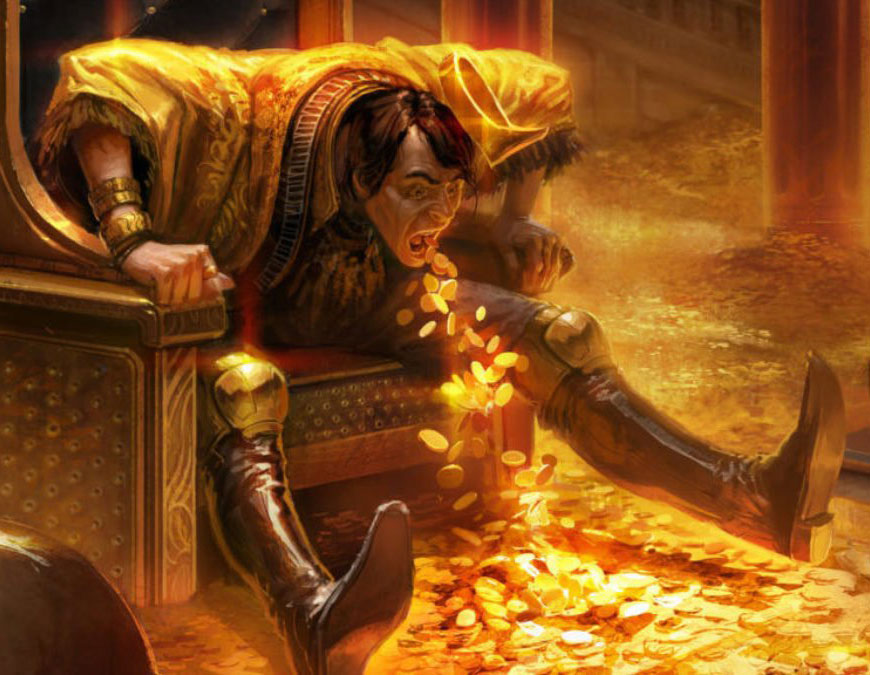Are you a Quiet Speculation member?
If not, now is a perfect time to join up! Our powerful tools, breaking-news analysis, and exclusive Discord channel will make sure you stay up to date and ahead of the curve.
Nowadays there are a lot of potential investment opportunities, so I think it's important to look at them in relation to Magic: The Gathering. Just 10 years ago, if you'd told someone that you invested in Magic cards, they most likely would have looked at you quizzically or just outright laughed at you. But thanks to collectibles becoming more mainstream, we have seen a resurgence in Reserved List spikes in the past 12 months that can only really be logically tied to people investing in these cards.
I understand it might come off as a bit cliché to start an article with a definition of a term, but with all that's going on in the financial world right now, I think it's important to define key terms upfront so that all can understand where I'm coming from.
Investment
Investment (n): Property or another possession acquired for future financial return or benefit.
I have a friend who speculated on Kuzdu and has already made 6x his investment while still holding onto a majority of his copies so far, despite it not seeing play in any format and not comboing with anything that has recently come out.
In fact, for several months the front page of MTGStocks was littered with random Reserved List (RL) cards quadrupling overnight. As expected we are seeing many of these prices creep back down, but many are unlikely to ever return to their original price which means that those who bought up these cards may still consider it a good investment even if it takes quite some time to actually turn the cards back into cash and make a profit. This has died down somewhat and I believe the reason is that many who jumped onto that train bought in without knowing a whole lot about the game and understanding card demand. This leads us to our next definition.
Value
Value (n): Worth in usefulness or importance to the possessor.
A card's value stems from multiple properties such as:
- Playability - how often the card is played in a given deck.
- Rarity - how rare the card is compared to other cards.
- Collectibility - how collectible or iconic the card is compared to other cards. This may include the set it's from, its artwork, the artist who did the artwork, or other factors.
- Personal Attachment - how personally attached to a given card a player or players are. This one tends to be more subjective than the others, but there is a reason that Alpha Animate Wall is more valuable than other bulk Alpha rares and it's because one person started collecting them a long time ago, so there are far fewer in the marketplace than others.
The market price of a card is dictated by these values because these values will determine the demand for the card. When someone buys up all the copies of an old obscure card they may make the market react in such a way that some people who fear missing out (FOMO) will purchase copies at new inflated prices, but overall these properties have not changed just because Person A buys up the lowest 200 copies of some obscure card and suddenly the TCGplayer market price moves up by 50%. If the rest of the player population wasn't interested in buying the card at $0.5, few will now be interested to buy it at $5.
Despite the clear-cut definition of the term "value", nowadays it does seem to have a fair amount of ambiguity. Every day we see multiple types of cryptocurrency rise and drop in price.




